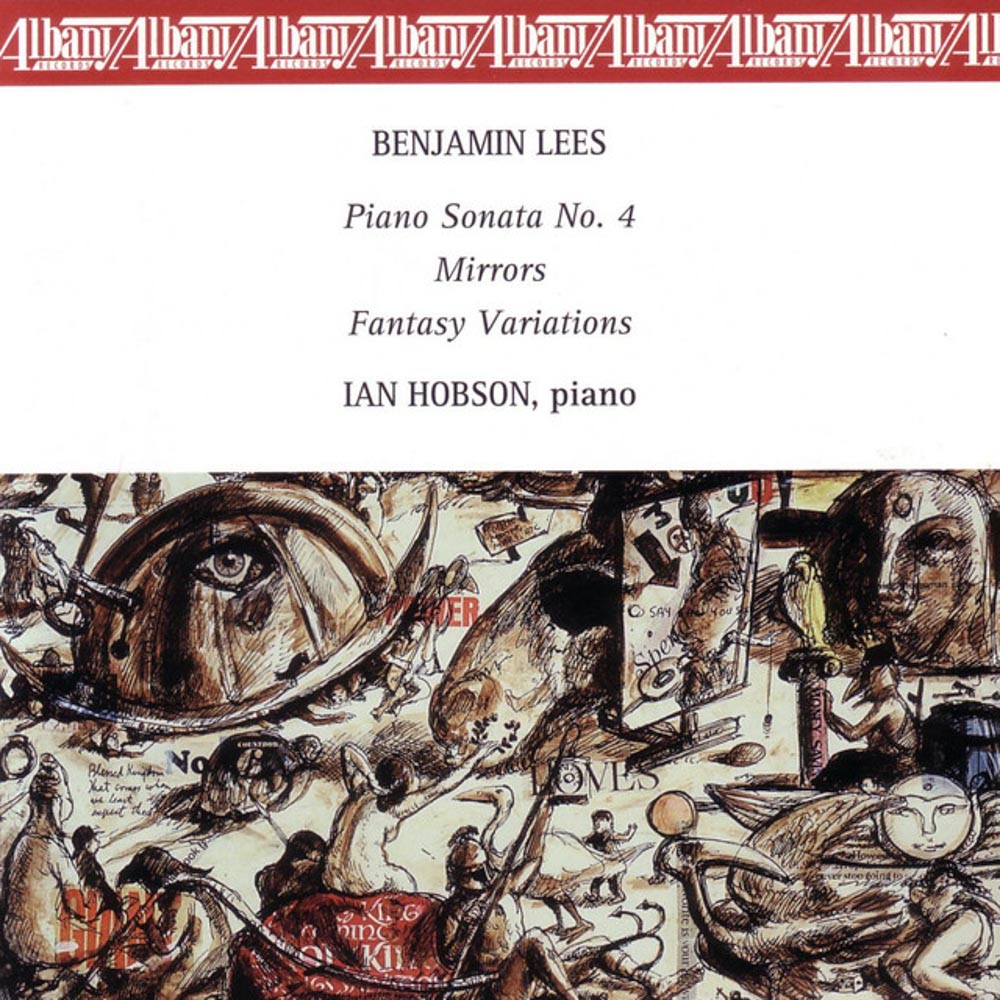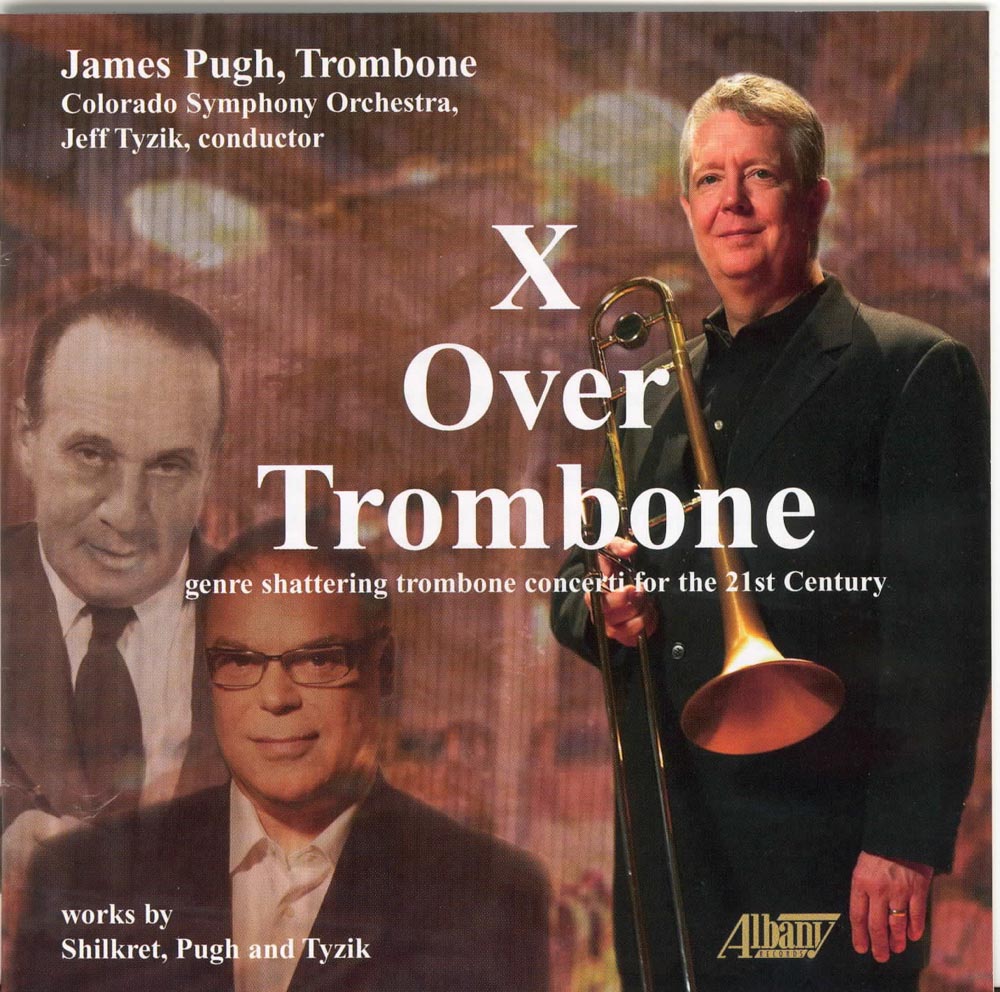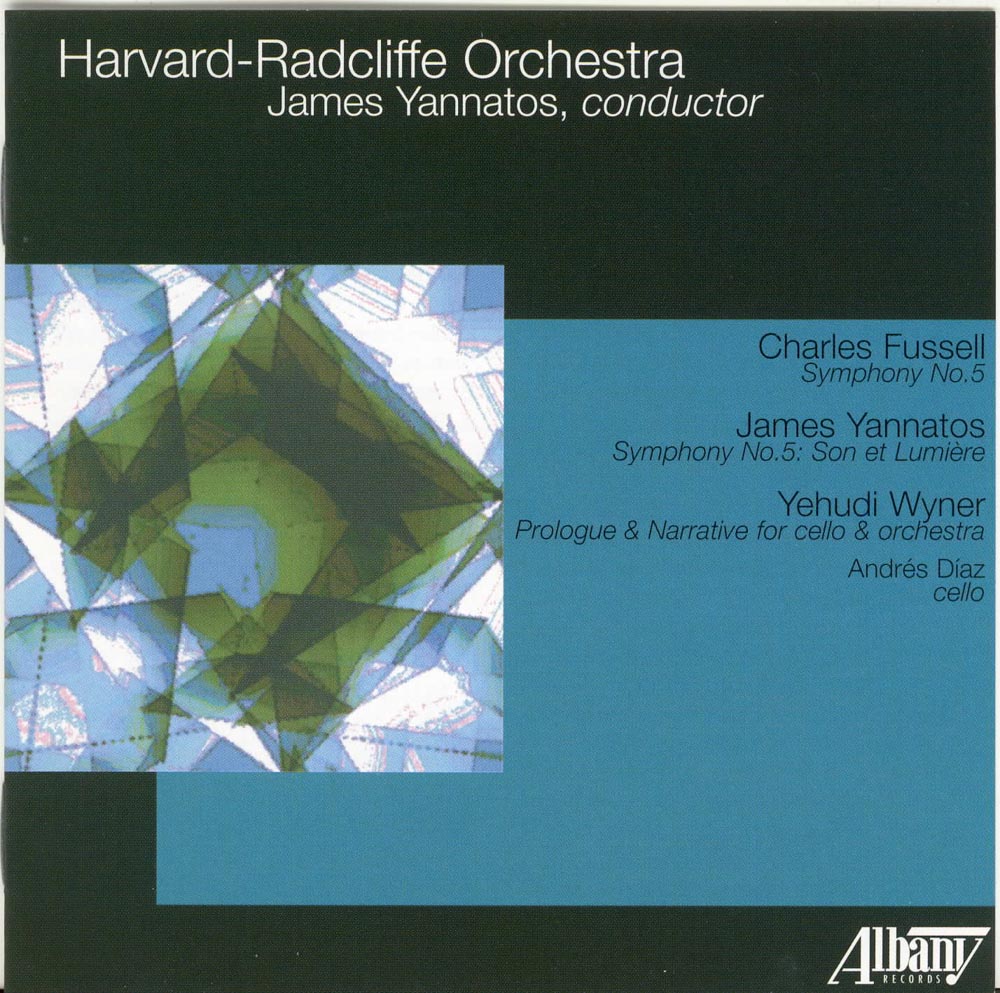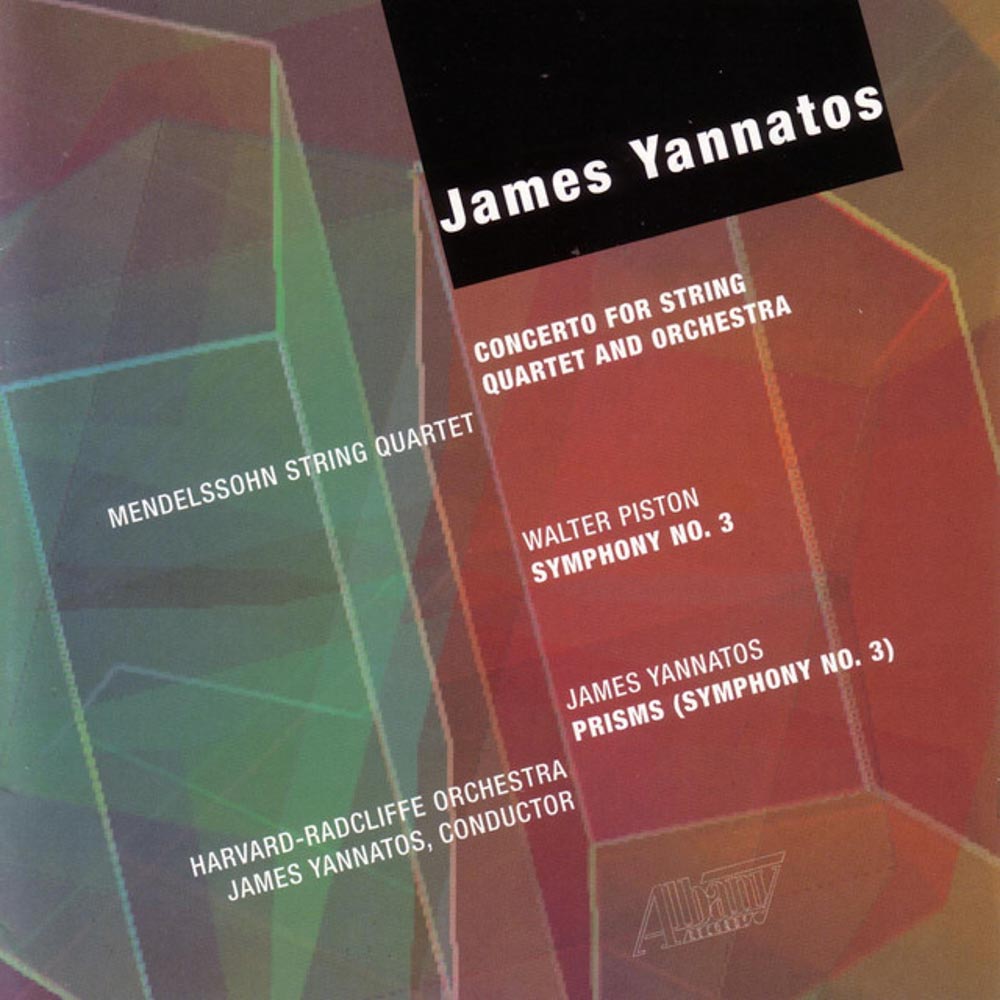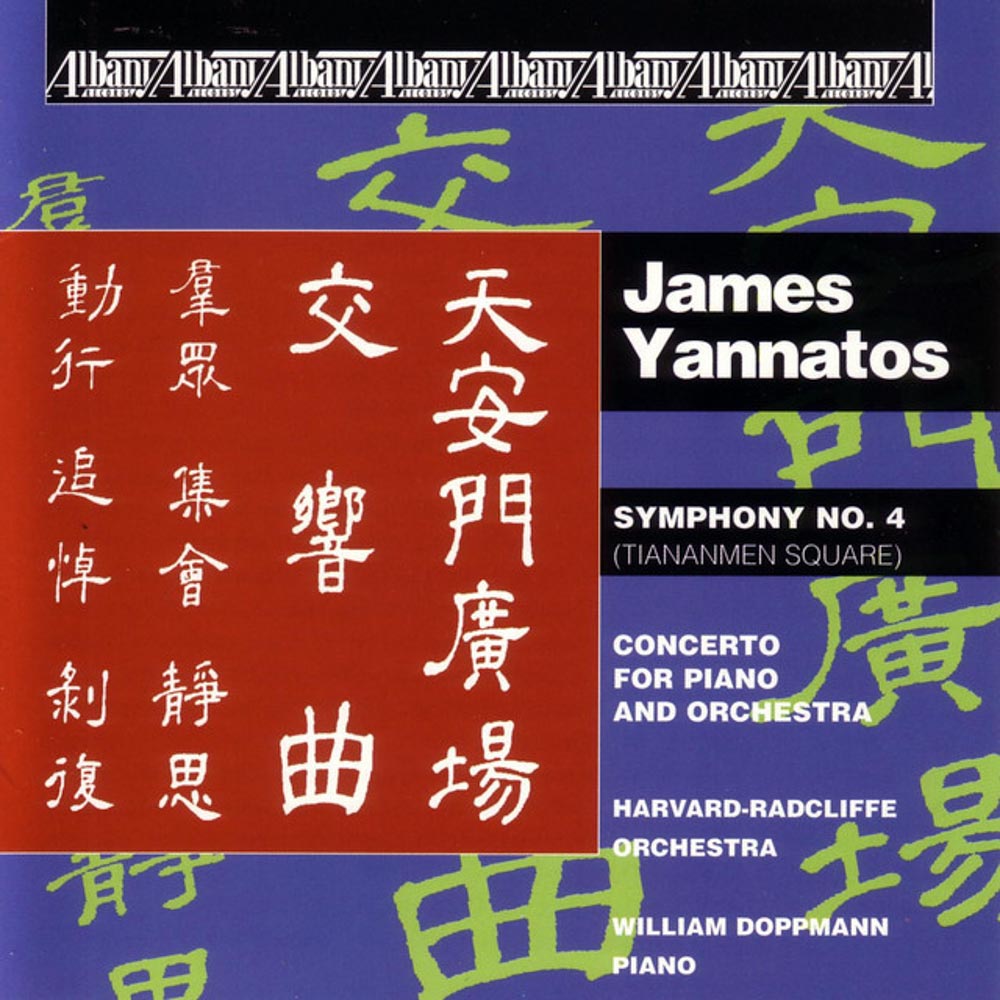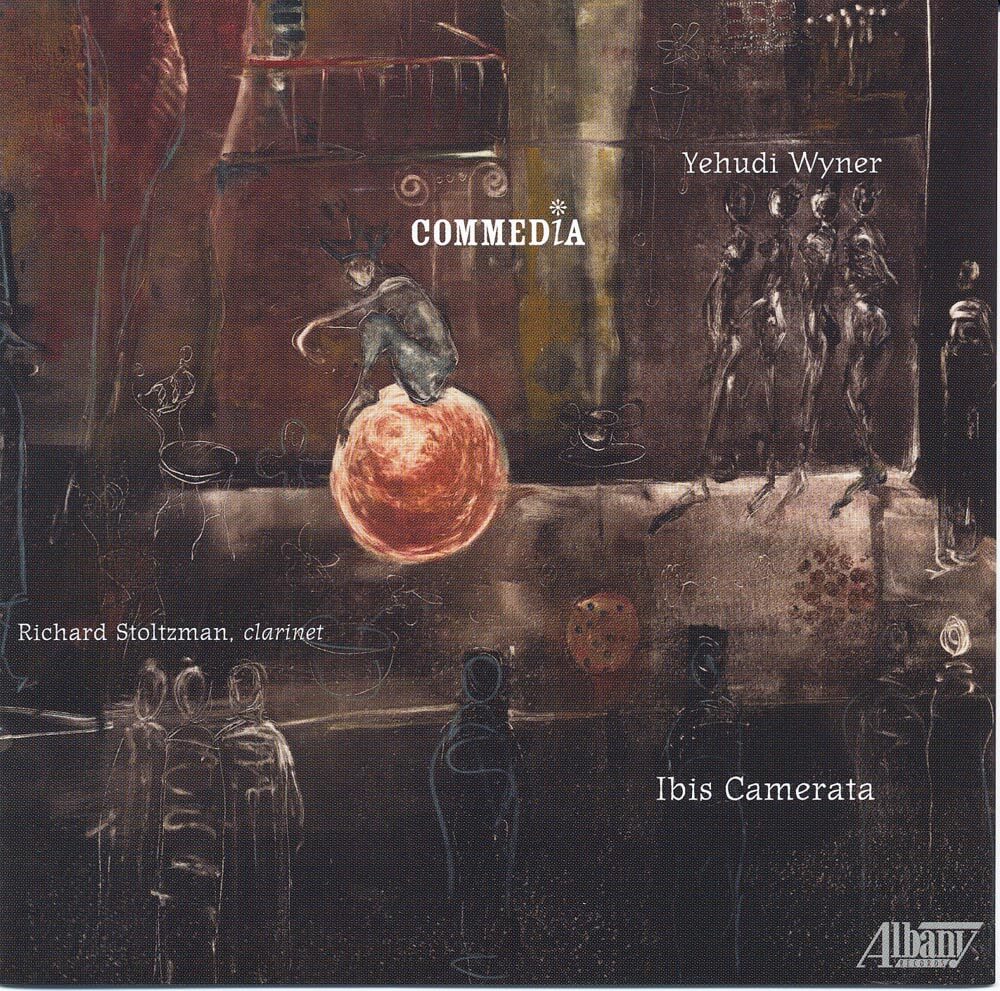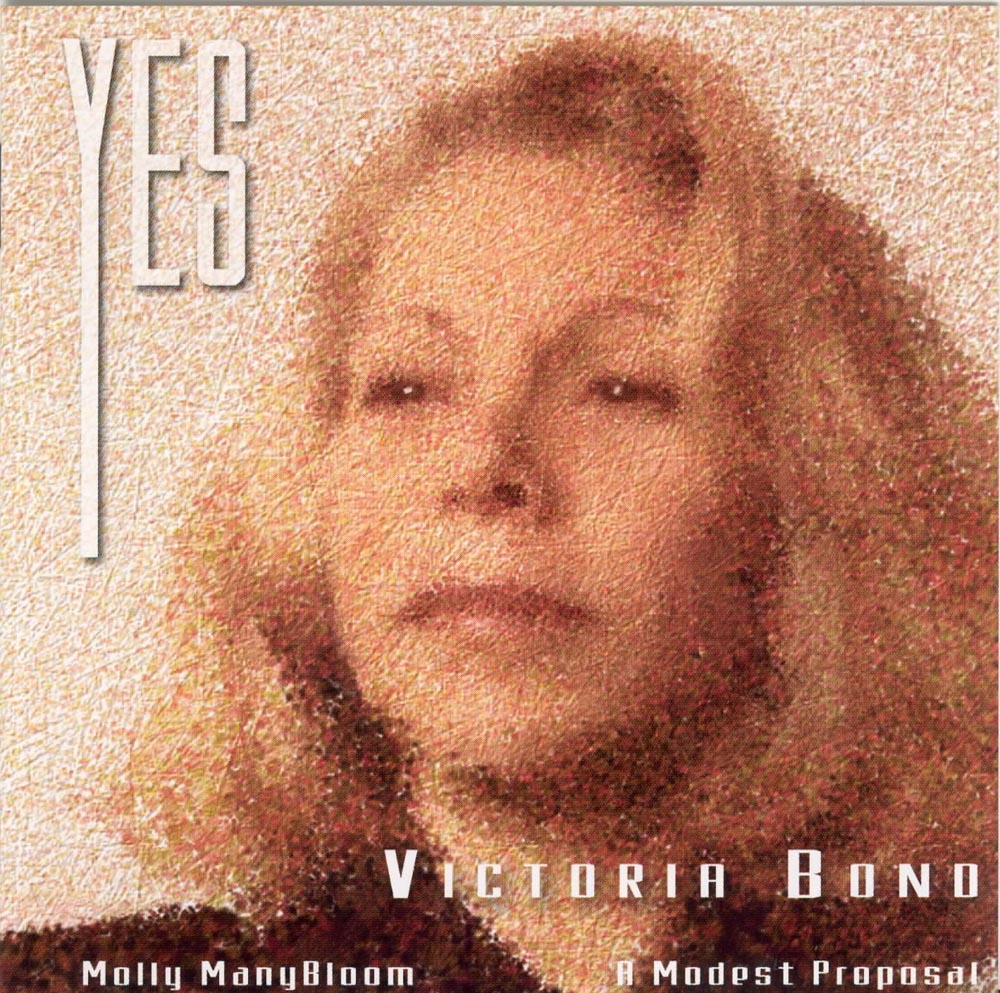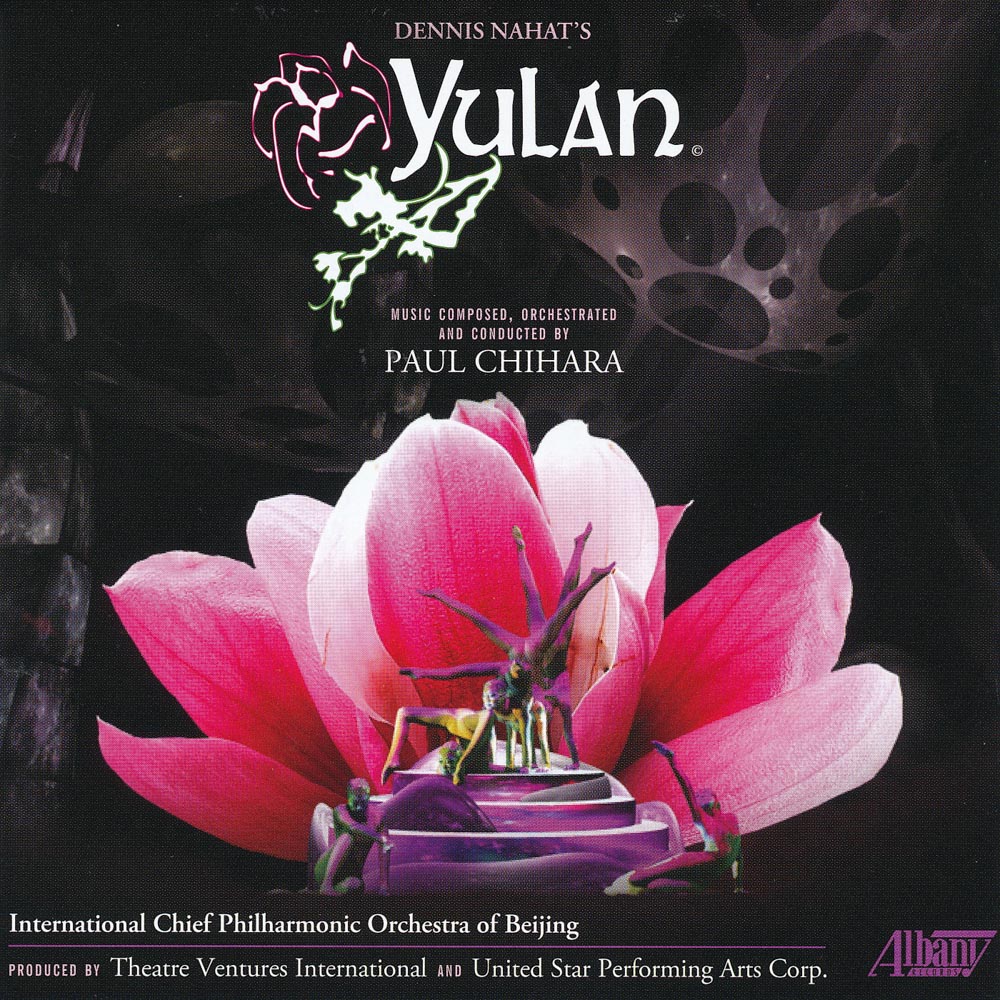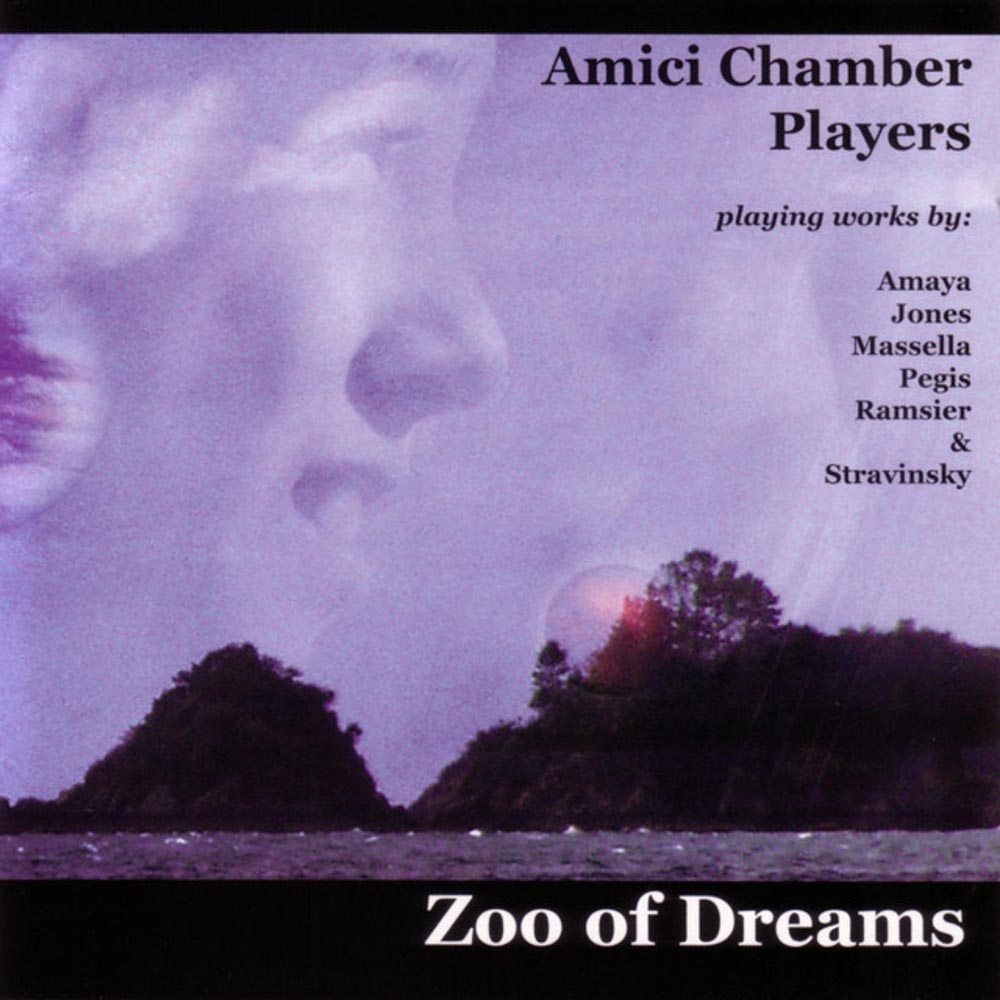Catalog #: TROY0227
Release Date: February 1, 1997InstrumentalThere is a fact in American music that can no longer be overlooked. There are a great number of composers over 65 who are very important and who are routinely overlooked by the major labels. This is shameful. In the fifties the music of Benjamin Lees, relatively speaking, was everywhere; the concert hall, RCA Victor, Turnabout, Louisville. So, when you have a magnificent pianist, Ian Hobson, performing the music of an equally magnificent composer, Benjamin Lees, you have an important disc. The Piano Sonata No. 4 was commissioned by the Ford Foundation for Gary Graffman and given its world premiere in Norfolk, Virginia. The Fantasy Variations are dedicated to Emanuel Ax who gave them their world premiere on February 1, 1984 at the Kaufmann Concert Hall in New York City. Mirrors, in six sections was composed for Ian Hobson. The first four sections were premiered by Mr. Hobson in Orchestra Hall in Chicago. Since that premiere in 1992, Mr. Lees has added two more sections. Since the work is open ended, there is no telling how many sections it will ultimately have. Here we have a disc that will really appeal to all lovers of contemporary American piano music: no - in fact, contemporary music in general.
Catalog #: TROY0049
Release Date: March 1, 1991OrganThe American composer and organist Frank Speller teaches organ and harpsichord at the University of Texas in Austin. He has degrees from the University of Colorado and Indiana University. About his music he writes: "Music has far greater power than merely to please or displease. Its capacity to bring inner richness and harmony has been commonly acknowledged throughout the history of music. J.S. Bach, for example, said that a good basso continuo was good for the soul. That is why the majority of my music is religious in nature. Even the Passacaglia is a description of the joy of something bigger than any of us. My intention is always present, even though it is sometimes realized in playful ways." The instrument used in this recording is one of the largest tracker-action organs in the United States: a musical and engineering feat which, if not for its quality of craftsmanship and sound, would alone mark it as noteworthy. A "tracker" is a flat strip of wood that conveys the action of the keyboard of "manual" directly to the organ pipes. Although many of the organ's functions are electronically controlled, such as the stop action and the computer memory piston system, the trackers are traditional wooden linkages whose origins date back at least 2000 years. The organ has 5,315 pipes that range from the giant 16 foot principals to pipes smaller than an ordinary pencil. The sound on this recording is astonishingly dynamic and realistic.
Catalog #: TROY0926
Release Date: June 1, 2007InstrumentalAs renowned trombonist James Pugh writes, "If there's anything (these works) have in common, it's that, while they can all be heard as serious works, they each contain elements of popular music of their time - they combine traditional classical elements with popular harmony and rhythm..."
Catalog #: TROY1485
Release Date: April 1, 2014InstrumentalTwo young stellar musicians, cellist Xiao-Dan Zheng and pianist Clara Yang collaborate on a recording of music by Edvard Grieg and Sergei Prokofiev that includes sonatas for cello by both composers and two works for piano. Ms. Zheng is a member of the Los Angeles Opera Orchestra and previously served as principal cellist of the Tucson Symphony Orchestra. Her awards include a Lincoln Center Chamber Music Society Young Artist Award and the ASCAP Ira Gershwin Award, among many others. Clara Yang, on the faculty at the University of North Carolina-Chapel Hill, has a varied career as a soloist, chamber music musician and educator. She has performed concertos with the European Union Youth Orchestra, the Longview Symphony, the Eastman Philharmonia, the Pacific Symphony Orchestra and the North Carolina Symphony Orchestra.
Catalog #: TROY0516
Release Date: August 1, 2002OrchestralAbout his Symphony No. 5 James Yannatos writes: "Symphony No. 5: Sons et Lumiere (1991) derives its title from the sound and light shows so popular in France in which historical events related to a particular epoch, chateau, or monument are dramatized through the use of sound and light. The title alludes to past as well as to present events in which the political face of Europe and Africa is changing. On another level, Sons et Lumiere refers to vibrations and waves that move through real time and space in the form of sound and interplay between the various levels of musical sound and meaning, referring to our physical world as we live it, our sensory world as we see, hear and feel it, and our spiritual world as we attempt to comprehend it." In May of every other year more than 900 cello lovers - from beginning cellists to esteemed cello soloists - congregate in Manchester, England for the International Cello Festival. The brain-child of cellist Ralph Kirschbaum, this festival features workshops, films, exhibitions, and performances by and for cellists. The Festival almost always features a premiere of a cello piece, and in 1994, Yehudi Wyner was commissioned to compose a piece for cello and orchestra. The result was the Prologue and Narrative for cello and orchestra, which Wyner himself describes: "Finding a title for the piece has been a difficult task. To call it a Concerto for Cello and Orchestra would be misleading, since the term "concerto" implies a form as well as a relationship. In general, my musical thinking is not comfortable with conventional modes of construction, nor does it rely on received conventions of form. While the music is constructed with great attention to contextual unity and formal coherence, it also strives for a sense of the informal, the improvisational, the spontaneous." Composer Charles Fussell was Artistic Director of New Music Harvest, Boston's first city-wide festival of contemporary music and Co-Founder and Director of the New England Composer's Orchestra. He is a member of the composition faculty at Boston University. His Symphony No. 5 was written in 1994-95 in memory of Virgil Thomson. The premiere was given November 1996 by the New Hampshire Symphony under the direction of James Bolle.
Catalog #: TROY0400
Release Date: August 1, 2000OrchestralThis release fills a hole in the catalog large enough to drive a truck through. This is the world premiere stereo release, the world premiere CD release of Walter Piston's Third Symphony. The only recording of this serious, somber, most beautiful of Mr. Piston's symphonies was made almost fifty years ago by Howard Hanson for Mercury. The Symphony is dedicated to the memory of Natalie Koussevitsky. It is particularly appropriate for Jimmy Yannatos and the Harvard-Radcliffe Orchestra to bring us this important music because Piston was closely associated with Harvard throughout his life. He attended Harvard as an undergraduate, joined the faculty in 1926, and became a full professor in 1944, remaining at Harvard for many years. It is also just as fitting that this disc contains the work of another American composer closely associated with Harvard, James Yannatos, who has conducted the Harvard-Radcliffe Orchestra since 1964. Those who are familiar with Yannatos' other works on Albany Records will know what to expect from this fine composer. His Concerto for String Quartet and Orchestra was written for the Mendelssohn String Quartet while the composer was on a sabbatical leave from Harvard during February to June 1995. The Symphony No. 3 was commissioned by Joel Spiegelman in 1989 for concerts he was to conduct in the former Soviet Union with the Lithuanian State Symphony. Many customers will buy this CD because of the Piston Third, but they will be most pleasantly surprised at the bonuses presented to them by the music of Yannatos. His music is a perfect compliment to the music of Piston.
Catalog #: TROY0278
Release Date: March 1, 1998OrchestralIn the January-February 1998 issue of Fanfare, John Story writing about Yannatos' Trinity Mass said: "Trinity Mass is possibly a masterpiece worthy to stand comparison with such other 20th-century milestones as Britten's War Requiem, Tippet's A Child of Our Time and The Mask of Time, Penderecki's St. Luke's Passion, or Nono's Prometeo. The two works on this disc are the equal to the Trinity Mass, if not easier to enjoy because they are Orchestral works and the performances by both the Orchestra and the pianist are first-rate. The performers, under the composer's direction, play as well as any in this unfamiliar music. In 1988, William Doppmann asked Yannatos to write a piano concerto for him. He asked that it be a substantial piece which would show off the piano in various ways. Yannatos writes: "I started to think of ways to approach this formidable task in the summer of 1992, started to compose the work in the fall of 1992, and finished it in the spring of 1993, completing the Orchestration that summer. My own guidelines included writing a piece that linked the past to the present, musically and pianistically, presented both piano and Orchestra in a mutually dependent partnership and played with the notion of transformation and renewal in the cycles of the seasons and in the linkage and development of musical ideas." About his Symphony No. 4, Yannatos writes: "I was transfixed by events in Tiananmen Square - excited by the students' quest for greater freedom and appalled by the brutal response by the government. As a musician, I felt compelled to speak out the only way I could. I spent the summer of 1989 immersed in the rhythms and cadences of Chinese folk tunes from a collection by Yuen Ren Chao given to me by his daughter, Rulan Chao Pian, my colleague in the music department. Elements of these tunes were chosen to serve as my musical materials for the six-movement symphony I planned to write. Sketches were made that summer and the work was completed and Orchestrated by January 1990."
Catalog #: TROY1254
Release Date: March 1, 2011ChamberIt was Biljana Milovanovic, pianist for the Ibis Camerata ensemble, who conceived this project of recording a group of compositions by Yehudi Wyner. Mr. Wyner performed in one piece (with Richard Stoltzman) and conducted another, but his major contribution was in coaching performers in matters of his style. The music spans 50 years of Wyner's compositional output beginning with the Partita for Piano of 1952 and arriving at Commedia for Clarinet and Piano of 2002. Awarded the Pulitzer Prize in 2006, Yehudi Wyner is one of America's most versatile musicians. His compositions include more than 60 works and he has received many commissions and honors in addition to the Pulitzer. He has taught at Yale, SUNY Purchase, Cornell, Harvard and Brandeis. This is the fourth recording by the Ibis Camerata to appear on Albany Records.
Catalog #: TROY0578
Release Date: June 1, 2003VocalComposer and conductor, Victoria Bond has written for every medium including opera, orchestra, ballet and chamber music. She was born in Los Angeles into a family of professional musicians. She studied composition with Ingolf Dahl at the University of Southern California, and with Roger Sessions at the Juilliard School, becoming the first woman to earn a doctorate degree in orchestral conducting in 1977. While still at Juilliard, she worked with composers Pierre Boulez and Aaron Copland as assistant conductor of the Contemporary Music Ensemble. Chosen by Dennis Russell Davies to be his assistant at the Cabrillo Music Festival in California and The White Mountains Music Festival in New Hampshire, she premiered numerous works including her own compositions. She has served as Music Director and Conductor of the Roanoke Symphony Orchestra from 1986-1995 and Artistic Director of Opera Roanoke (1989-1995) and The Hamburg Opera (1997-2003).
Catalog #: TROY1446
Release Date: October 1, 2013OrchestralYulan, an acrobatic, dance and visual extravaganza featuring the Dalian Acrobatic Troupe of China came about as a collaboration between dancer/choreographer Dennis Nahat, his Chinese colleagues, and composer Paul Chihara. Nahat, who was artistic director of the Ballet San Jose and founder of Theatre Ventures International School and Productions, was invited to China by Zhao Bin to create a work of international scope for the Dalian Acrobatic Troupe of China. Nahat enlisted Paul Chihara to compose music for the production and subsequently to conduct the orchestra for the performances and recording. The premiere took place November 28, 2012 in Dalian, China. Yulan means a magnolia flower and is one of the earliest flowers to bloom in the spring in Shanghai. Paul Chihara has composed scores for more than 100 motion pictures and television series. He was awarded the Composer-of-the-Year by the Classical Recording Foundation in 2008 and is on the faculty at UCLA.
Catalog #: TROY0647
Release Date: March 1, 2004ChamberChristopher Pegis, cellist is the founder and Artistic Director of Amici Chamber Players and a cellist with the Florida String Quartet. He writes: "This recording is in many ways a product of my large extended musical family, my work with the Florida West Coast Symphony, and indeed the very nature of creative collaborations. Although it was not planned this way, the performers and composers are all linked to one another in some way by family, friendship and work. I was lucky to have met Soulima Stravinsky and his wife, Francoise, and was involved in earlier recordings and performances of his music before they both passed away. Through the Stravinskys, a link was made to his father Igor and to fellow composer Charles Jones. Although my memory of this is dim, apparently I did shake Jones' hand at a reception in New York City following my ensemble's concert to honor Soulima's chamber music compositions. Thomas Massella and Efrain Amaya are former college classmates of myself and my wife, respectively; Paul Ramsier came to us via the Florida West Coast Symphony and his collaborations with Symphony bassist John Miller. When we started to physically record this music, we jointly decided to try to avoid cutting and splicing at all costs. Our aim was to impart the excitement and sweep of a live performance to our audience. This put extra pressure on all of the performers, but the result is that what you are hearing is 98% splice free from beginning to end. In fact, nine of the eleven compositions are complete takes from start to finish."
Catalog

©2024 Albany Records. All rights reserved. | Privacy Policy | Website by PARMA Creative.
